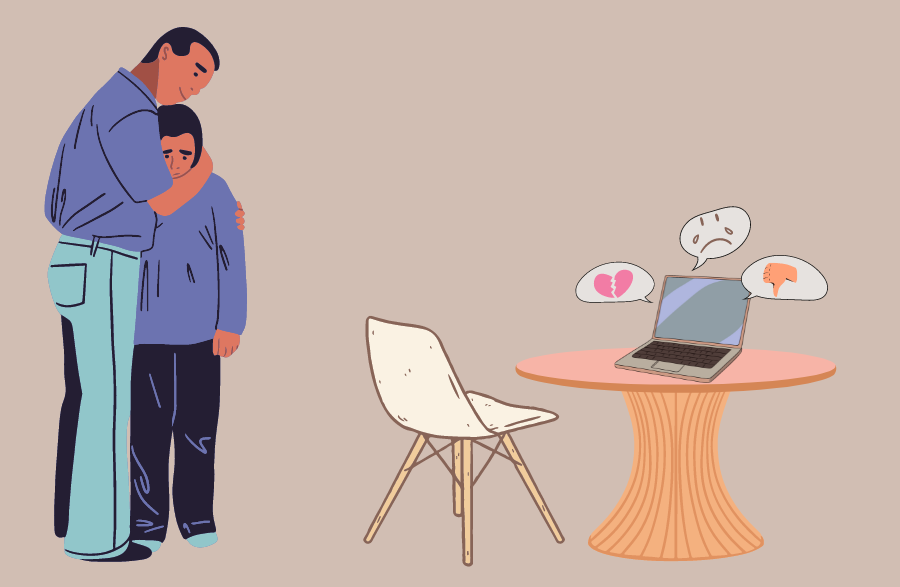

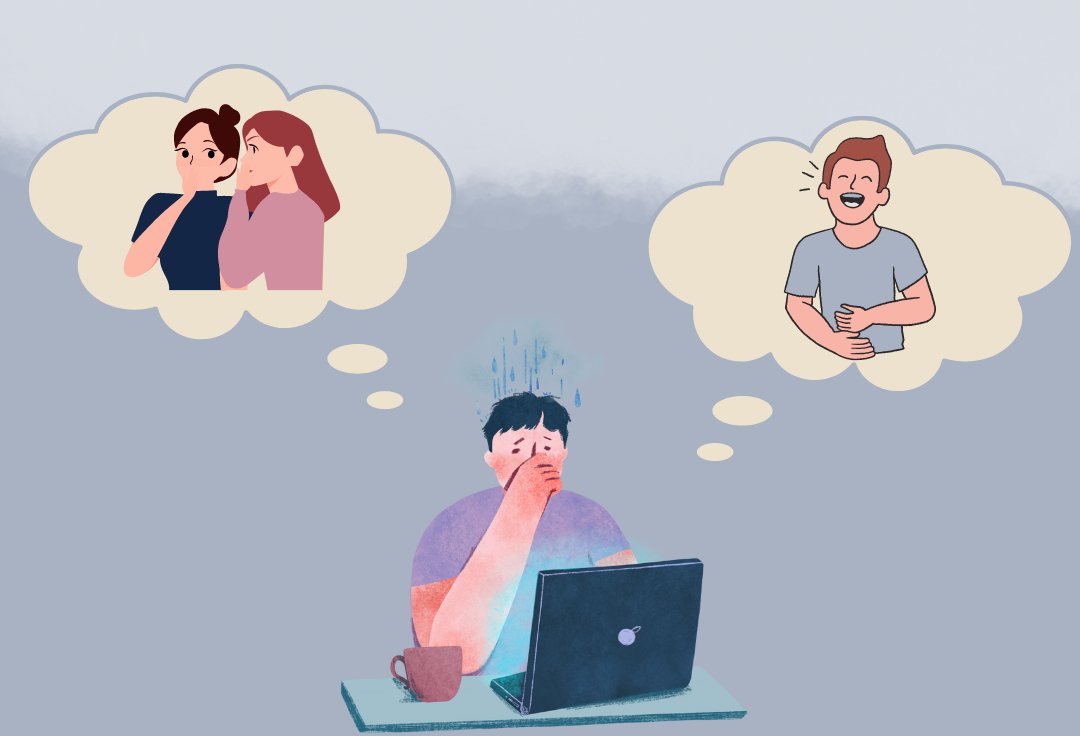
Playing online video games is a great way to meet people worldwide and have fun together while exploring virtual worlds. Sometimes, things can get tricky when players become mean or hurtful to each other online, also known as cyberbullying. It's like dealing with bullies at school, but this time, it's in the world of gaming. Cyberbullying is not just having a bad day while playing games on social media. It has the potential to seriously damage people's sentiments and make them lose interest in playing. In this blog post, we will explore the world of cyberbullying on online gaming platforms, understand its impact, explore its causes, and, most importantly, discuss actionable strategies to combat it.
Just think about yourself having a good time in an online game when, all of a sudden, someone starts to annoy you. "You fatty!" "You suck!" “Go get a life”, "Go now, you idiot!" This is what cyberbullying in video games is like. It's when people intentionally hurt or scare others while playing games online. Bullying can happen in a variety of forms, just like the games themselves. Unfortunately, it's not uncommon for players to verbally harass one another using foul language or calling other names. Imagine being bombarded with words that tear you down, all while you're just trying to enjoy a game.
Yet there is also exclusion, a less obvious but no less harmful kind of cyberbullying. Imagine if a bunch of gamers are purposefully ignoring you and won't allow you to play the game or join their team. It's a lonely feeling when you are left out in a world where connection is just a click away. However, it doesn't end there. Cyberbullies can also spread rumors and fabricate stories that damage your reputation, or it can even get worse when your personal information is shared without permission and you will get depressed.
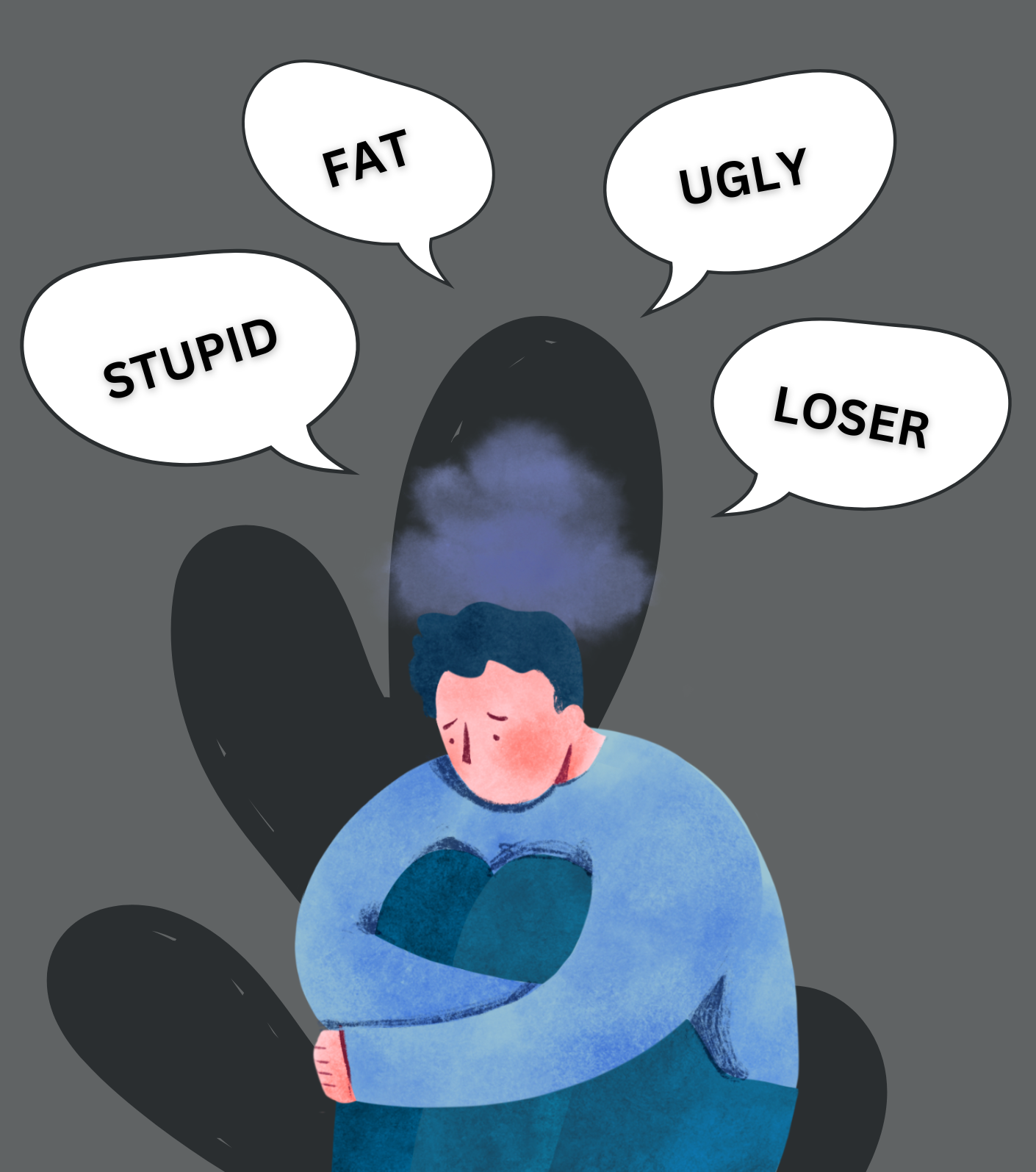
Bullying in online video games, commonly referred to as "gaming harassment," has significant and wide-ranging impacts on individuals, communities, and the gaming industry as a whole.
The effects of cyberbullying on different people are unalike but it is very significant, frequently leading to a variety of mental health problems. Victims frequently have feelings of sadness, anger, anxiety, and frustration due to the constant harassment and criticism they face. This persistent bullying can lead to a significant decline in mental well-being, which will have an impact on their general stability and happiness. In addition, the continuous nature of bullying can damage an individual's self-esteem and self-worth, causing them to doubt their skills and values. Being targeted and made fun of in a public gaming environment might have a long-lasting impact on their confidence. Physical symptoms, including headaches, stomachaches, and other stress-related health issues, can be brought on by cyberbullying. According to a survey, 68% of young people who have experienced cyberbullying have severe mental health problems. For younger players, the impact can extend to their academic performance or work responsibilities, as bullying consumes their focus and energy.
Ongoing online bullying contributes to a toxic gaming culture. The sense of unity that should characterize gaming communities disappears, and player trust is harmed when harassment is normalized. It will also lead to decreased player retention as individuals seek environments where they feel safe and respected.
The gaming industry faces significant consequences due to cyberbullying in live gaming, encompassing reputation damage, legal concerns, and financial losses. Game developers and publishers risk reputational harm if their games become associated with creating toxic environments, potentially leading to negative press, boycotts, and a decline in player trust. Legal concerns also arise significantly when online bullying increases to illegal activities such as doxing or hate speech. Gaming corporations might be held legally responsible if they fail to deal with these concerns properly.

The roots of cyberbullying frequently resemble those of traditional bullying. People who engage in bullying behaviors might be influenced by peer pressure, seeking revenge, or aiming to demonstrate their power over others. The question arises: why opt for cyberbullying instead of more traditional forms of bullying? Those who cyberbully often admit that they find it easier to get away with. Unlike face-to-face interactions, cyberbullying happens online, leading many participants to believe they can't be caught or identified easily. This false sense of security stems from the belief that monitoring online activities is challenging. Some individuals who cyberbully might find it easier to avoid guilt since they don't witness their victims' emotional responses firsthand. This emotional detachment shields them from the immediate consequences of their actions. Moreover, some individuals turn to cyberbullying simply out of boredom, considering it a form of entertainment.
In today's era, where information is readily available, the demand for continuous entertainment rises. When teenagers feel dissatisfied with online entertainment options, they may turn to creating their own—sometimes at the expense of others. Another aspect of cyberbullying is "griefing," a behavior commonly seen in online gaming. Griefers intentionally try to annoy or disrupt other players, often disregarding the game's rules and the goal of winning. This behavior can severely impact the enjoyment of others in the game. A specific form of this behavior falls under the umbrella of trolling. Trolling occurs when a cyberbully targets someone they don't personally know. These trolls may turn to posturing, creating false online personas in order to hide their true identities. Operating behind these fabricated profiles, they send hurtful messages or images to their victims, often individuals they know all too well. A survey conducted in July 2022 across the United States found that 76% of participants reported experiencing the use of offensive language directed towards them while playing video games.
Furthermore, 66% of respondents acknowledged that they have been the targets of griefing or trolling actions. The survey also revealed a concerning trend, indicating that 86% of gamers had encountered some form of online harassment, notably higher than 83% reported two years earlier. Likewise, 63% of people mentioned that these interactions on the internet had made them feel ashamed of themselves. These results demonstrate how widespread harassment is in online gaming groups.
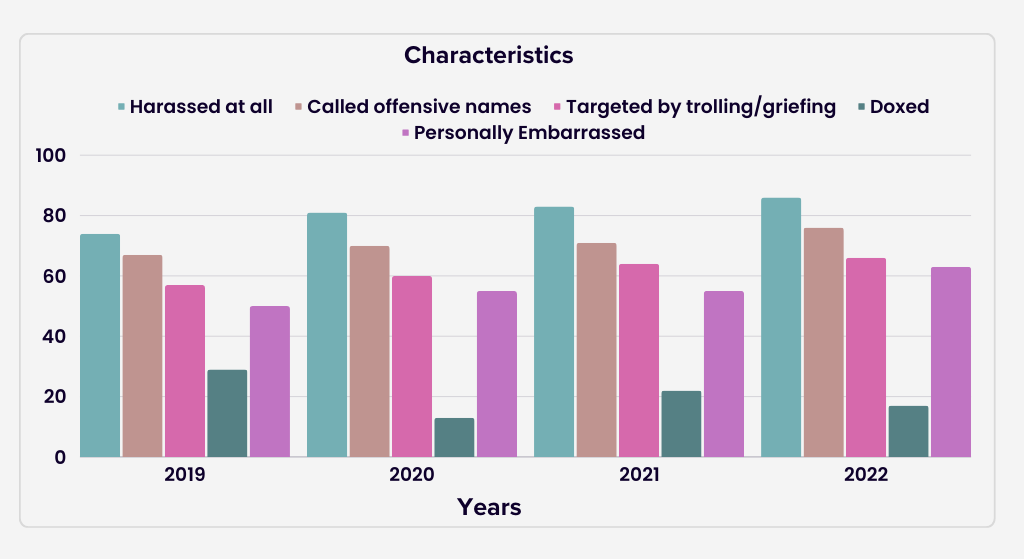
In short, cyberbullying, whether driven by anonymity, a sense of detachment, boredom, or a desire for power, reflects a troubling aspect of our increasingly digital world. The ease of online interactions can sometimes lead to harmful behaviors, affecting individuals' emotional well-being and creating challenges for those trying to combat this form of bullying.
Although there are solutions available, cyberbullying is still a major problem in video games. In order to automatically identify cyberbullying and assist platforms in suspending abusive users, researchers are investigating this by creating machine learning or deep learning-based algorithms. Platform teams must monitor online bullying and take immediate action when it occurs. In addition to technological solutions, parents and users can also take action. The majority of gaming systems allow you to ban particular users from communicating with you and include a mechanism to report disrespectful players. According to the most current eSafety research findings, 42% of young people choose to turn off the chat feature when they encounter bullying while gaming. 38% of teenagers decided to stop playing the game immediately if they were attacked by bullies, while 41% of them decided to ignore the bullying. Taking a break from a game is recommended if it becomes too stressful or aggressive.
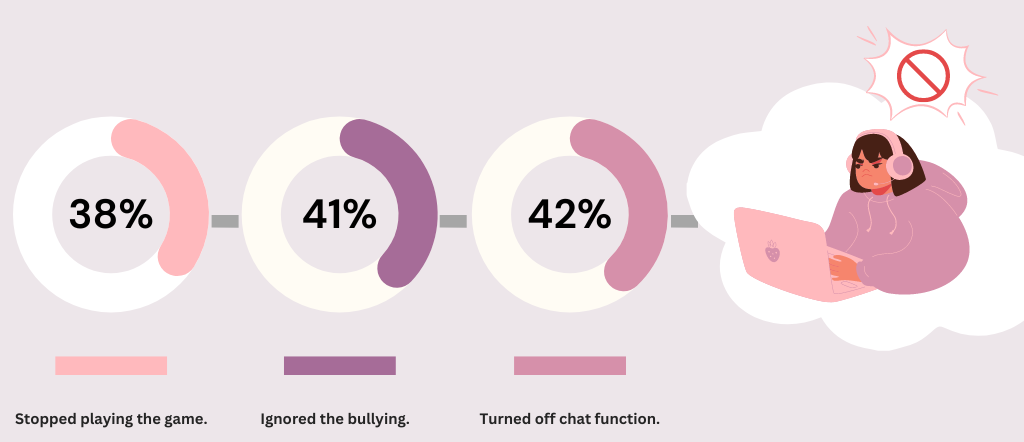
Besides this, the study found that 1 in 5 teenagers who experienced bullying while playing also took revenge. Similarly, parents can help by understanding what games their child is playing and who they're playing with. It's also important to talk to kids about what cyberbullying is and how they can handle it if it happens to them. Ensuring a secure and pleasant environment for gamers is essential. It's up to everyone involved—players, parents, platforms—to work together to fight bullying in video games and make sure everyone has a positive gaming experience.
